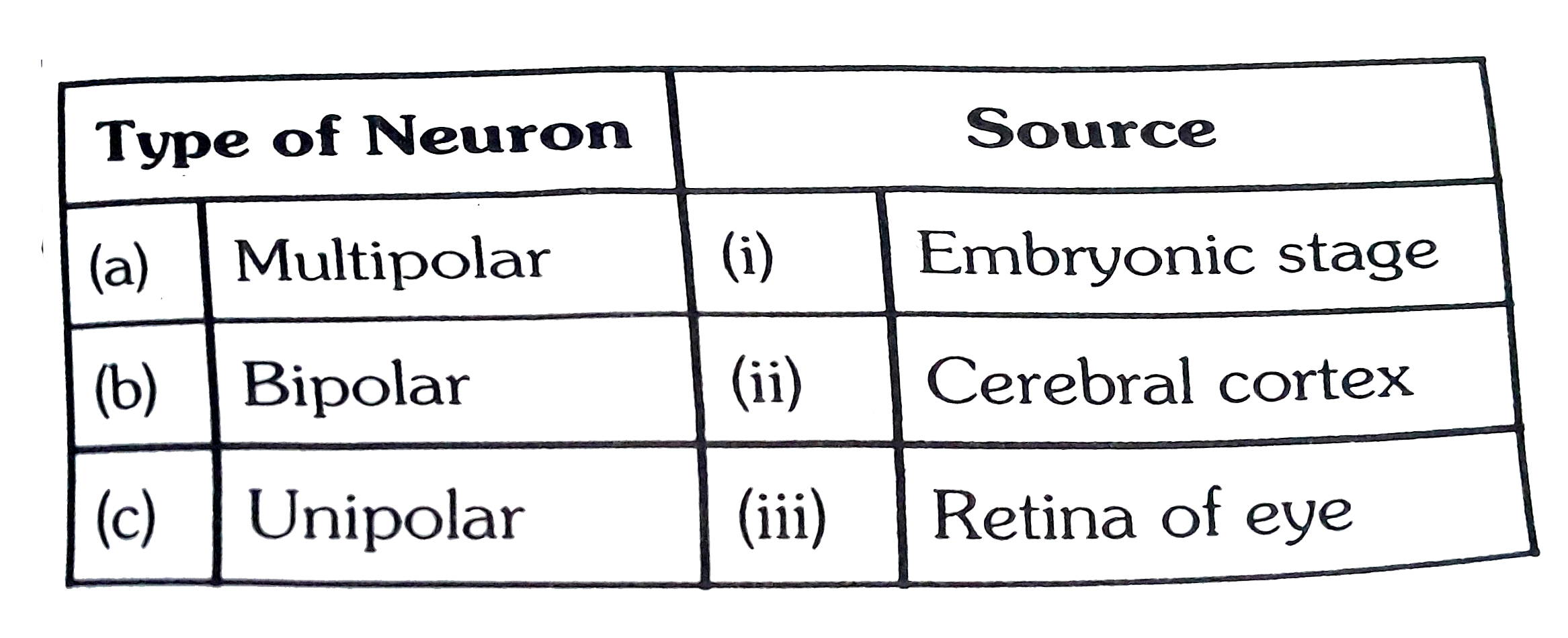If A=[a+ibc+id−c+ida−ib]anda2+b2+c2+d2=1,thenA−1 is equal to a.[a+ib−c+id−c+ida−ib] b. [a−ib−c−id−c−ida+ib] c. [a+ib−c−id−c+ida−ib] d. none of these
To find the inverse of the matrix A=(a+ibc+id−c+ida−ib) given that a2+b2+c2+d2=1, we will follow these steps:
Step 1: Calculate the Determinant of Matrix A
The determinant of a 2x2 matrix A=(pqrs) is given by:
det(A)=ps−qr
For our matrix A:
det(A)=(a+ib)(a−ib)−(c+id)(−c+id)
Calculating each term:
1. (a+ib)(a−ib)=a2+b2
2. (c+id)(−c+id)=−c2−d2
Thus, the determinant becomes:
det(A)=(a2+b2)−(−c2−d2)=a2+b2+c2+d2
Given that a2+b2+c2+d2=1:
det(A)=1
Step 2: Calculate the Adjoint of Matrix A
The adjoint of a 2x2 matrix A=(pqrs) is given by:
adj(A)=(s−q−rp)
For our matrix A:
adj(A)=(a−ib−(c+id)−(−c+id)a+ib)=(a−ib−c−idc−ida+ib)
Step 3: Calculate the Inverse of Matrix A
The inverse of a matrix A is given by:
A−1=adj(A)det(A)
Since det(A)=1:
A−1=adj(A)=(a−ib−c−idc−ida+ib)
Final Answer
Thus, the inverse of matrix A is:
A−1=(a−ib−c−idc−ida+ib)
2. (c+id)(−c+id)=−c2−d2
Similar Questions
Knowledge Check
If A is a square matrix such that A2=A ,then (I+A)3−7A is equal to
A(a)AB(b) I−AC(c) ID(d) 3AIf a : b= c : d = e:i = 1:2 , then find (3a + 5c + 7e): (36 + 5d + i7).
A1:2B2:1C3:1D1:3
If A=[i−i−ii]andB=[1−1−11],thenA8 equals 4B b. 128B c. −128B d. −64B
View Solution
(a) a-i,b-iii,c-ii
(b) a-iii,b-ii,c-i
(c) a−ii,b−iii,c−i<br>(d)a-ii,b-i,c-iii
View SolutionIf a square matrix such that A2=A , then (I+A)3−7A is equal to A (b) I−A (c) I (d) 3A
View SolutionIf a=1+i, then a2 equals
A. 1−i
B. 2i
C. (1+i)(1−i)
D. (i−1)
View SolutionIf A=[abcd] and I=[1001] then A2−(a+d)A=
View SolutionIf A=[abcd] and I=[1001] then A2−(a+d)A−(bc−ad)I=
View Solution
